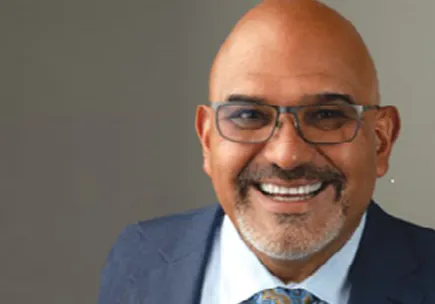Silver Spring, MD – The National Foundation for Credit Counseling (NFCC) will release the findings of their third annual Financial Literacy Survey later today at a Congressional Briefing on Capitol Hill. The Briefing will take place at 2 p.m. ET in Cannon House Office Building, Room 121.
«The results of this year’s survey are startling, but not surprising,» said Susan C. Keating, president and CEO of the NFCC. «We know consumers are struggling financially, and that a lack of financial knowledge is contributing to the problems. It is time that we work together to create a national movement to address the need for more financial education.»
Consider these key findings from the survey:
- Financial Literacy: 41 percent of U.S. adults, or more than 92 million people living in America, gave themselves a grade of C, D, or F on their knowledge of personal finance, suggesting there is considerable room for improvement. This number is highest among Gen Y adults at 47 percent. In addition, 80 percent of adults agree that they would benefit from advice and answers to everyday financial questions from a professional.
- Budgeting: Showing no improvement since 2007, less than half of adults (42 percent) keep close track of their spending. Nearly 16 million adults (7 percent) don’t know how much they spend on food, housing, and entertainment, and do not monitor their overall spending.
- Debt and Credit Cards: 26 percent, or more than 58 million adults, admit to not paying all of their bills on time. Among African-American adults , this number is at 51 percent. In the last 12 months, 15 percent of adults, or nearly 34 million people, have been late making a credit card payment and 8 percent (18 million people) have missed a payment entirely. More than 13 million adults (6 percent) report that their household carries credit card debt of $10,000 or more from month to month, and the same number have debts in collection, are seriously considering filing for bankruptcy, or have already done so within the past three years.
- Housing: 42 percent of adults, or more than 94 million people, currently have a home mortgage and, of those, 28 percent say that the terms of their mortgage somehow turned out to be different than they expected, including: either payment or terms of loan were different than expected, the interest rate or its duration were different, or they had no knowledge of PMI (private mortgage insurance).
- Savings: One-third of adults (32 percent), or 72 million people, report that they have no savings and only 23 percent are now saving more than they did a year ago because of the current economic climate. Nearly half (48 percent) of Gen Y adults- more than any other age group- report having no savings. Of those with no savings, more than one in four report that, if faced with an emergency, they would charge that expense to a credit card (29 percent) or take out a loan (26 percent), thus adding to their debt load.
- Spending: 57 percent of adults report spending less than they were a year ago. However, 45 percent of those now spending less admit that, if their financial situation were to improve within the next year, they would resume their previous spending habits.
- Credit Score: In spite of it being free, nearly two-thirds (64 percent), or 144 million people, have not ordered a copy of their credit report in the past year; this grows to nearly three-quarters (72 percent) among Hispanic American adults . Additionally, more than one-third (37 percent) admit that they do not know their credit score.
- Retirement: One-third of adults (33 percent), or more than 74 million people, do not put any part of their annual household income toward retirement. This is up from 28 percent in 2008.
«The data is compelling and speaks to the need to take action.





